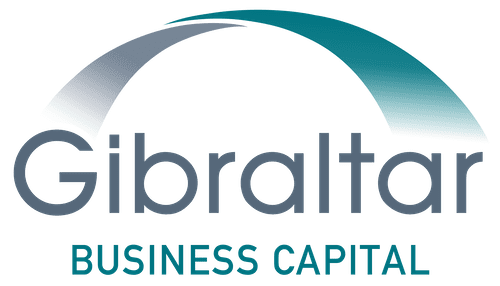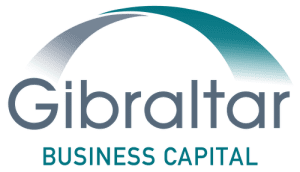The 2017 Tax Cuts and Jobs Act (TCJA) is the source of extensive changes to the U.S. tax code. Many of these changes will affect private equity firms as they seek to purchase new portfolio companies, evaluate mergers to accelerate current portfolio companies’ growth, and design exit strategies. Deal teams have many additional tax facets to evaluate.
Lower Corporate Tax Rate Makes U.S. Companies More Desirable
The TCJA made the nominal federal corporate tax rate in the U.S.a flat 21 percent, as of January 1, 2018. It also eliminated the corporate Alternative Minimum Tax (AMT), allowing some corporations to pay well below the 21 percent rate. These changes have made American companies much more competitive globally and more attractive as acquisitions.
New Foreign Income Tax Laws Eliminate Massive Penalty for Repatriation
The Tax Cuts and Jobs Act (TCJA) changed the U.S. tax system to make only income earned within the U.S. subject to U.S. taxation. In addition, it made repatriation and domestic investment of foreign income more desirable by eliminating a strong previous penalty. Under the previous tax code, foreign income became subject to U.S. taxes only when it was distributed to the U.S. parent corporation or when the earnings were repatriated. Not triggering this tax event makes repatriation a much more attractive financial option.
Exception to Foreign Income Taxation Requires Due Diligence
New rules require taxation of significant foreign earnings generated in low tax jurisdictions, where the foreign corporation has a minimal physical presence in terms of tangible property. This is known as the global intangible low-taxed income (GILTI) provision. Although with deductions, the effective rate is only 10.5 percent, GILTI is a new and significant diligence item for every deal team to consider.
Elimination of Carry-Back NOLs Changes Deal Tax Benefits
Net operating losses (NOLs) can now be offset for only 80, rather than 100, percent of taxable income and cannot be carried back (although they can now be carried forward indefinitely). This changes the tax implications of new M&A transaction-related deductions. There are no quick refunds for past-year benefits and the income limitation may stretch out the accumulation of future benefits, making the value of tax attributes delivered in a transaction potentially more contentious.
100% Tangible Asset Expensing Can Be a Boon
The Act also made changes to rules for depreciation and expensing of business assets that will make asset sales (or stock sales subject to a Section 338(h) (10) election) more attractive for at least the next few years.
Businesses may take 100% bonus depreciation on certain tangible personal property and land improvements prior to January 1, 2023, after which the full depreciation is phased down by 20% until 2027. This applies to both new and used property. Private equity companies that structure asset deals or purchase a high volume of capital equipment (e.g., plant and equipment) can reap a significant tax benefit.
The other advantage of high-volume asset ownership is its potential for use in acquiring advantageous financing for portfolio company growth. To ensure your sponsored companies have enough resources to implement all the necessary plans to optimize profitability, consider asset-based financing from a reliable financial partner like Gibraltar. Contact our sales team for more information on our deep experience working in partnership with private equity.


